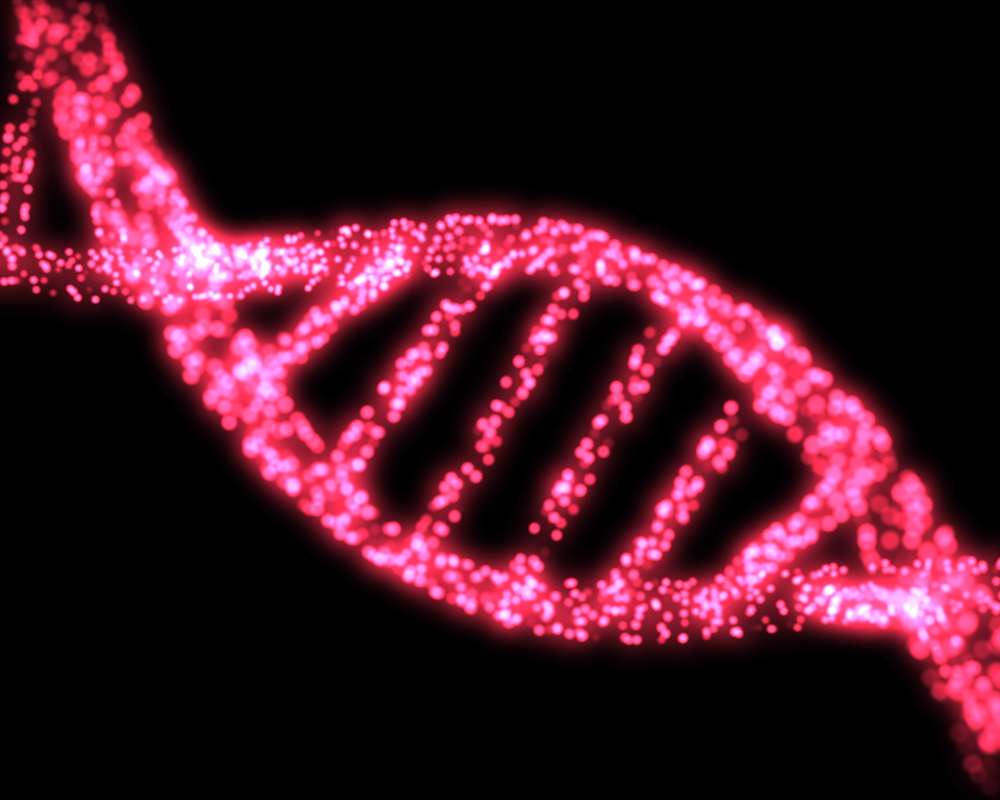 Researchers from The University of Chicago have published their recent findings in The Journal of Cancer Research, titled “SIRT6 Promotes COX-2 Expression and Acts as an Oncogene in Skin Cancer”, whereby they show that SIRT6, a protein that inhibits colon cancer growth, can promote the development of skin cancers.
Researchers from The University of Chicago have published their recent findings in The Journal of Cancer Research, titled “SIRT6 Promotes COX-2 Expression and Acts as an Oncogene in Skin Cancer”, whereby they show that SIRT6, a protein that inhibits colon cancer growth, can promote the development of skin cancers.
In order to do so, the protein represses AMPK signaling, thereby augmenting inflammation, proliferation and survival of sun-damaged skin cells.
Previous data had shown that reduced protein expression of SIRT6 tumor suppressor is involved in tumorigenesis. In fact, in a paper titled “USP10 antagonizes c-Myc transcriptional activation through SIRT6 stabilization to suppress tumor formation”, and published in the Cell Reports journal, researchers used a proteomic approach to find that USP10, another tumor suppressor, interacts with SIRT6, suppressing its ubiquitination and protecting it from proteasomal degradation. Importantly, human samples of colon cancers were found to have significant reductions in both USP10 and SIRT6 protein expression.
Until now SIRT6 had been considered protective since it has the capacity to regulate genomic stability and prevent DNA errors associated with aging. However, this present study shows SIRT6 function can vary depending on the tissue type it is expressed in.
“Although SIRT6 suppressed tumor growth in some cell types, we discovered that it encouraged cancer development in others, particularly in skin cells,” study author Yu-Ying He, PhD, assistant professor of medicine at the University of Chicago, said in a University press release.
“We found more SIRT6 protein in sun-damaged squamous cell carcinoma cells than in healthy, sun-protected human skin. When we deleted SIRT6 from skin cells in mice, tumor development decreased.”
The team used animal models to understand how this cancer suppressor gene could actually promote skin cancer. They found that SIRT6 promoted the expression of COX-2, an enzyme involved in inflammation, cell proliferation and survival by repressing AMPK signaling.
Additionally, they found that SIRT6 was upregulated in human skin squamous cell carcinoma.
“Our findings add to the understanding of the mechanisms of skin carcinogenesis. It suggests that SIRT6 could provide a useful target for cancer prevention. We are searching for safe and effective ways to inhibit it”, Dr. He concluded in the press release.


